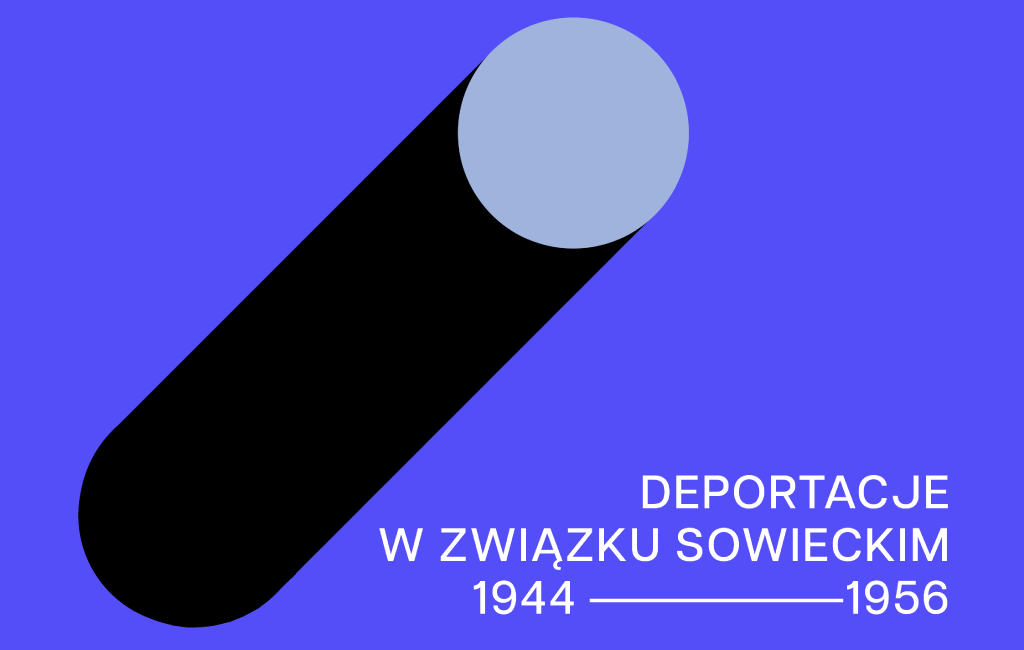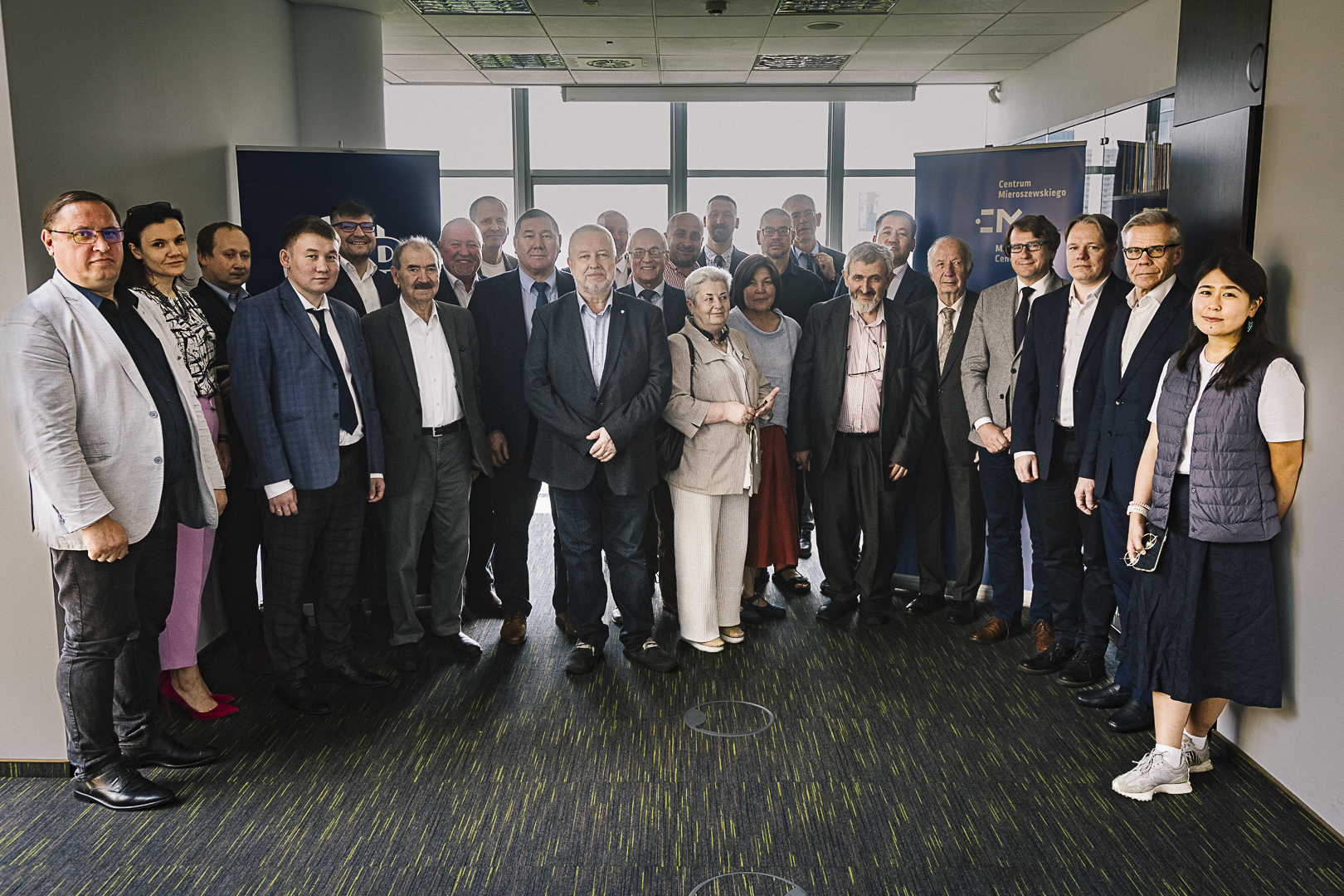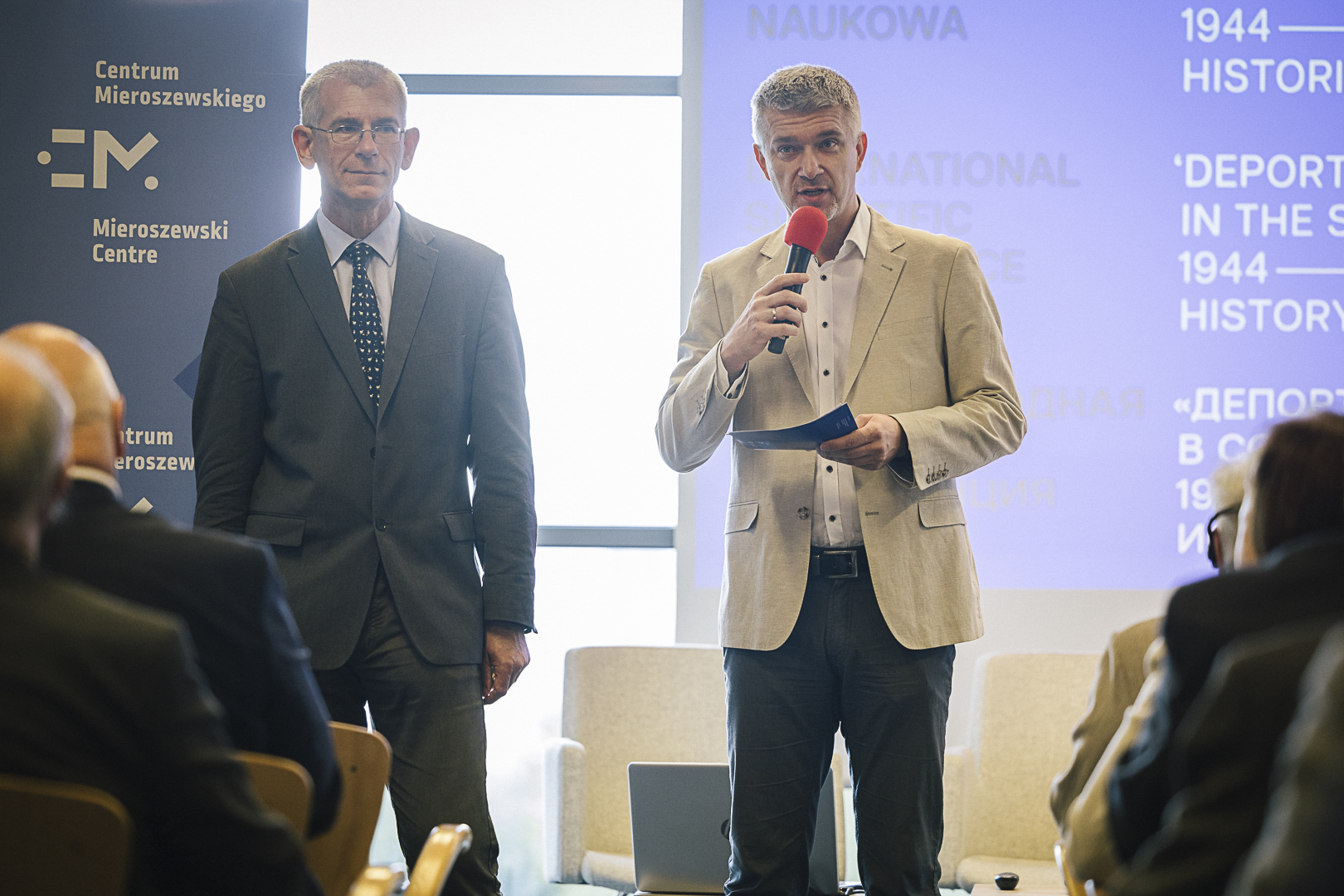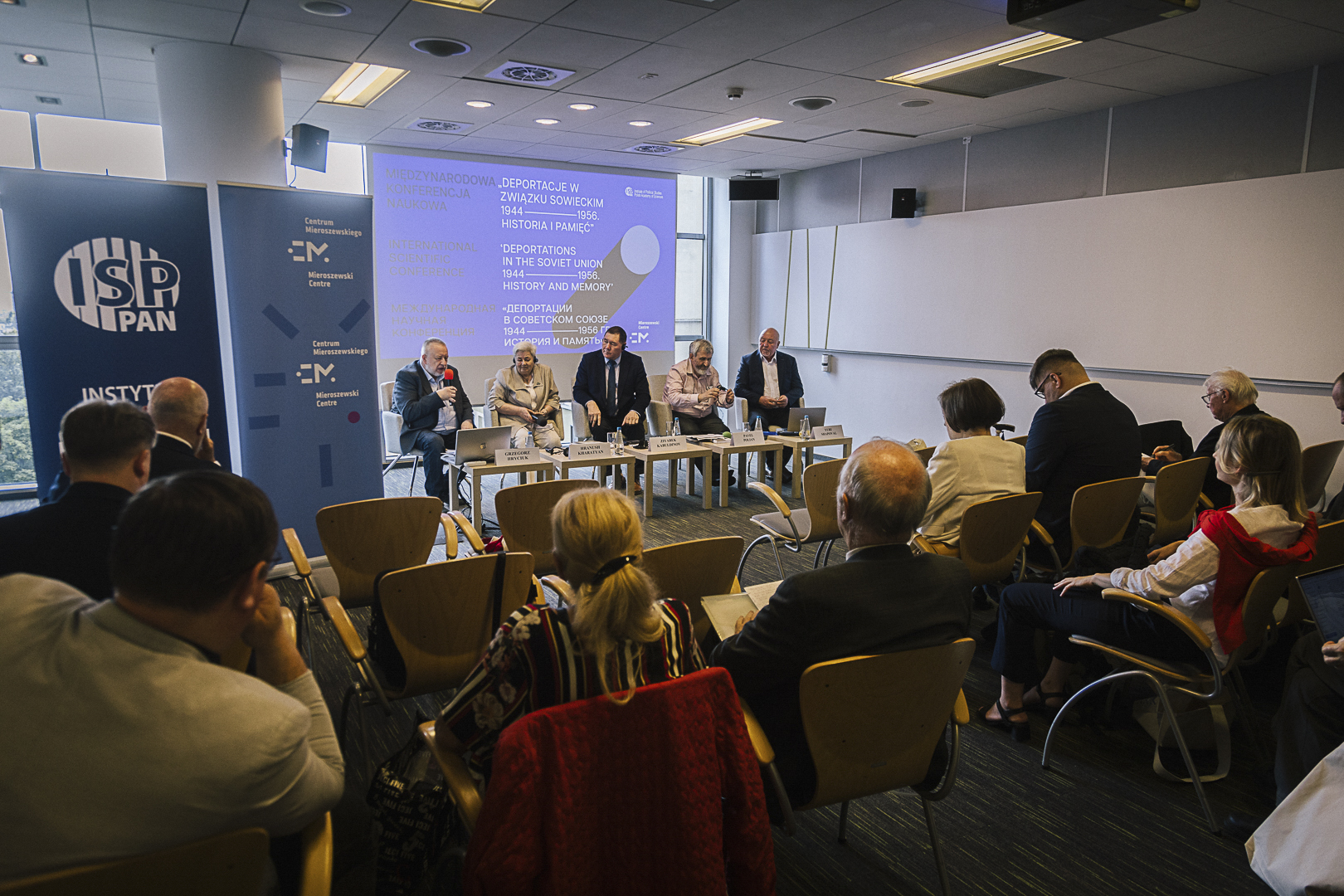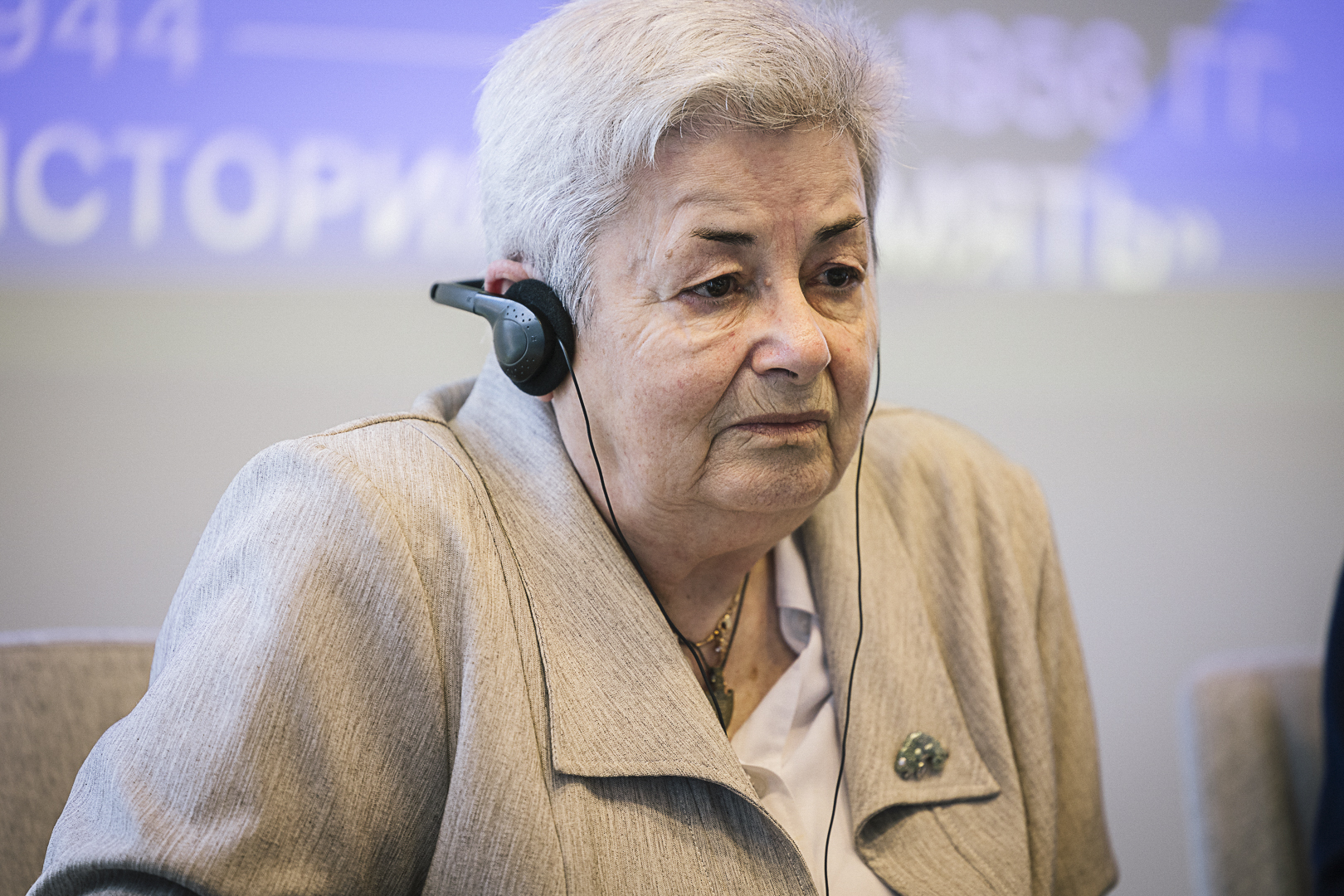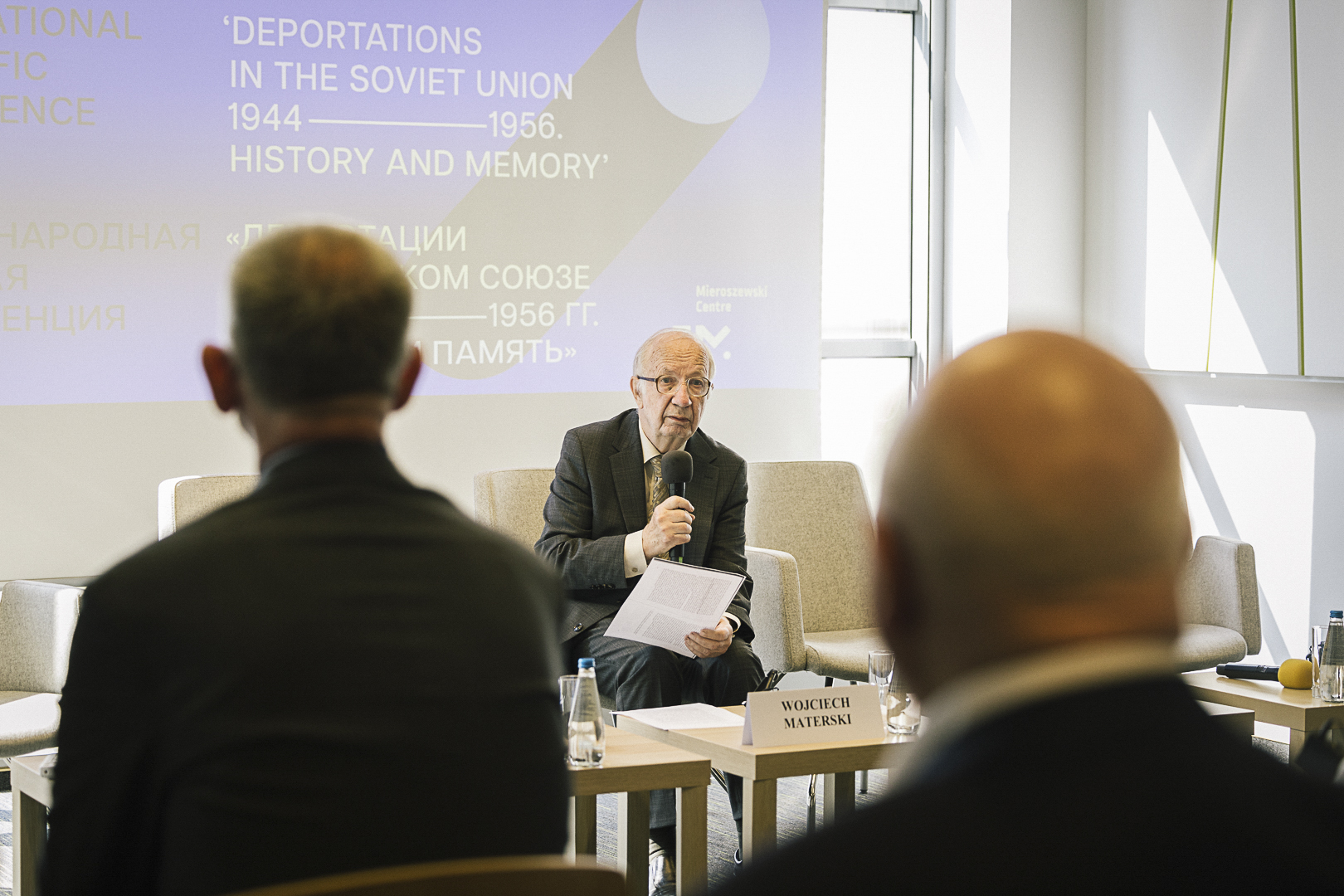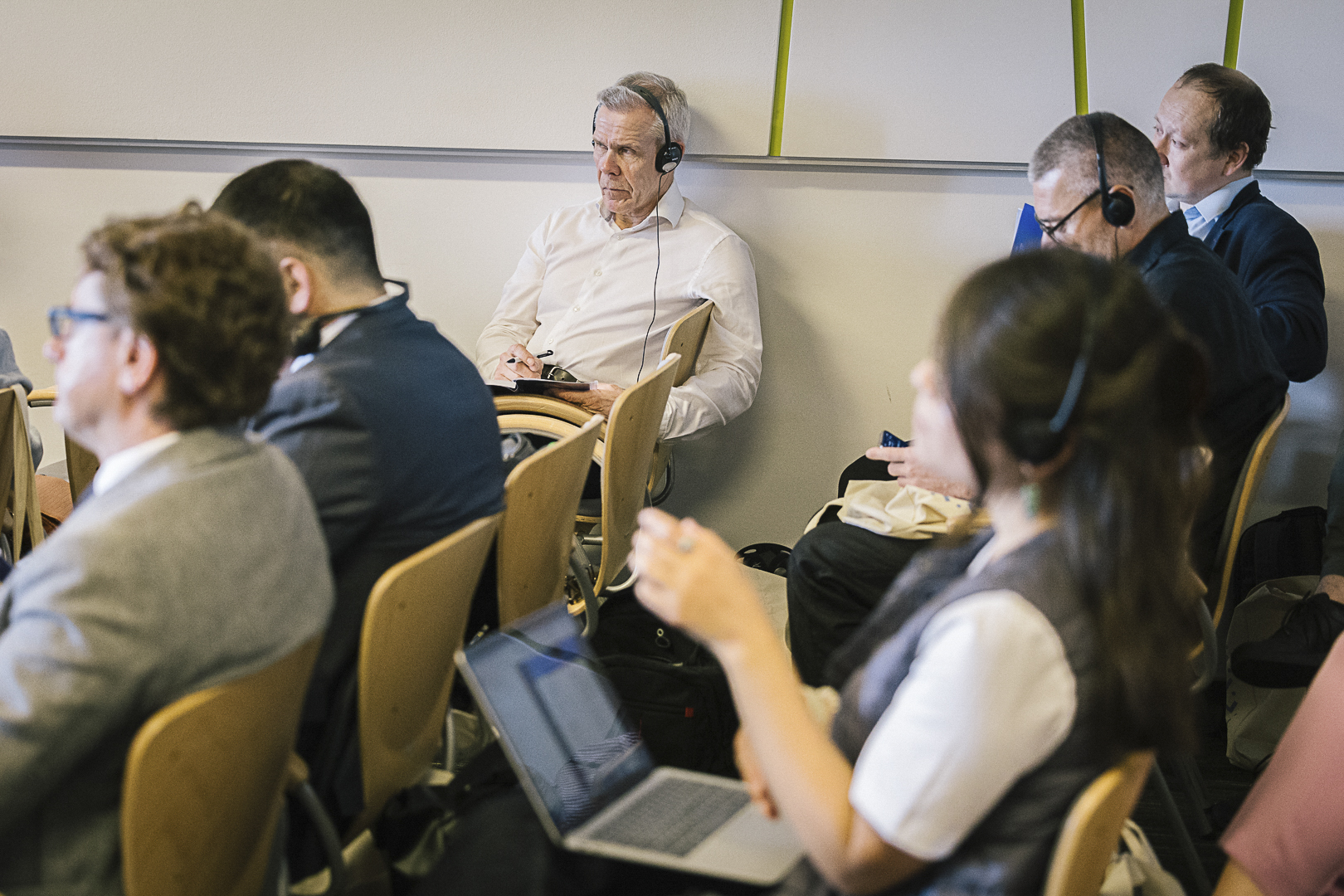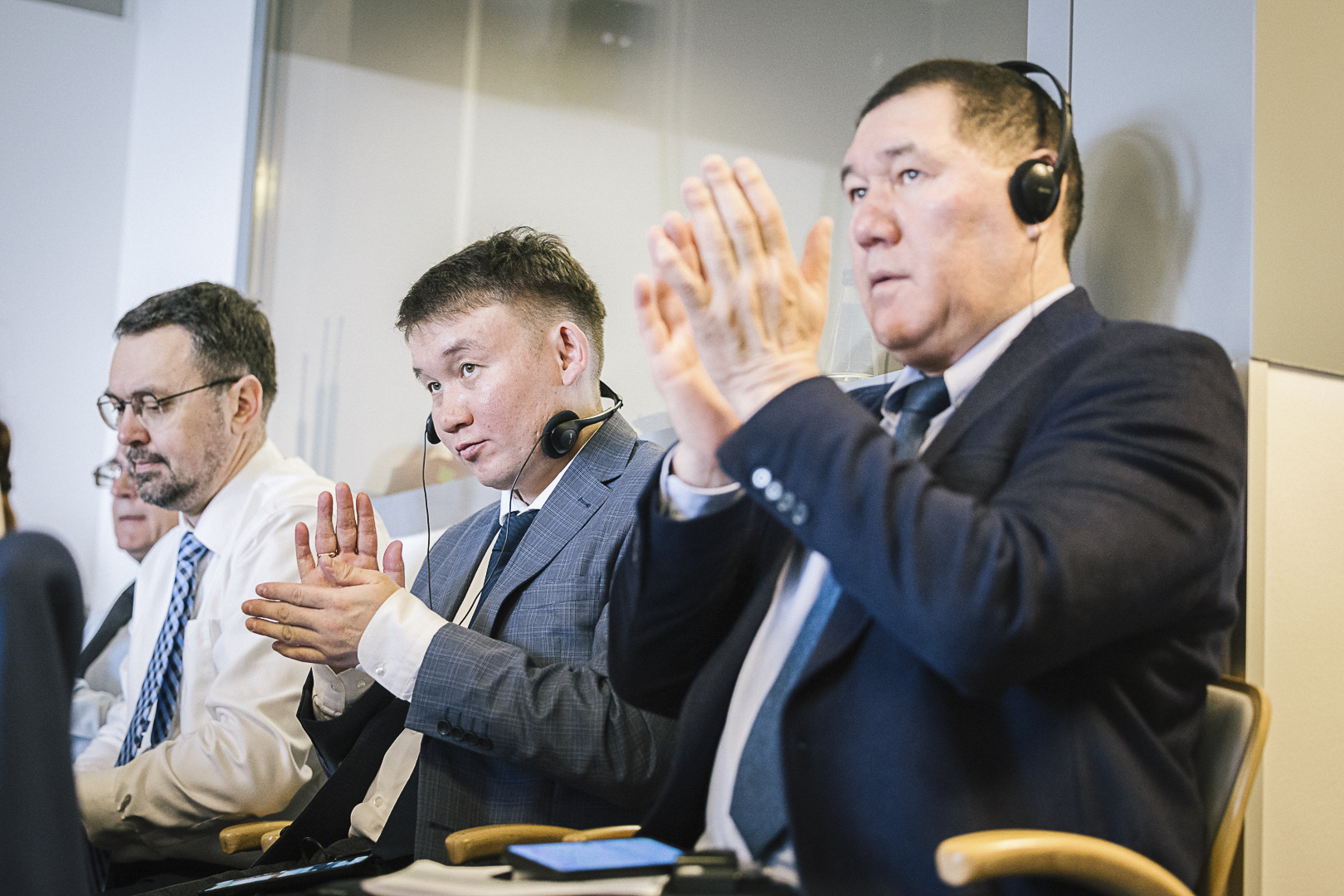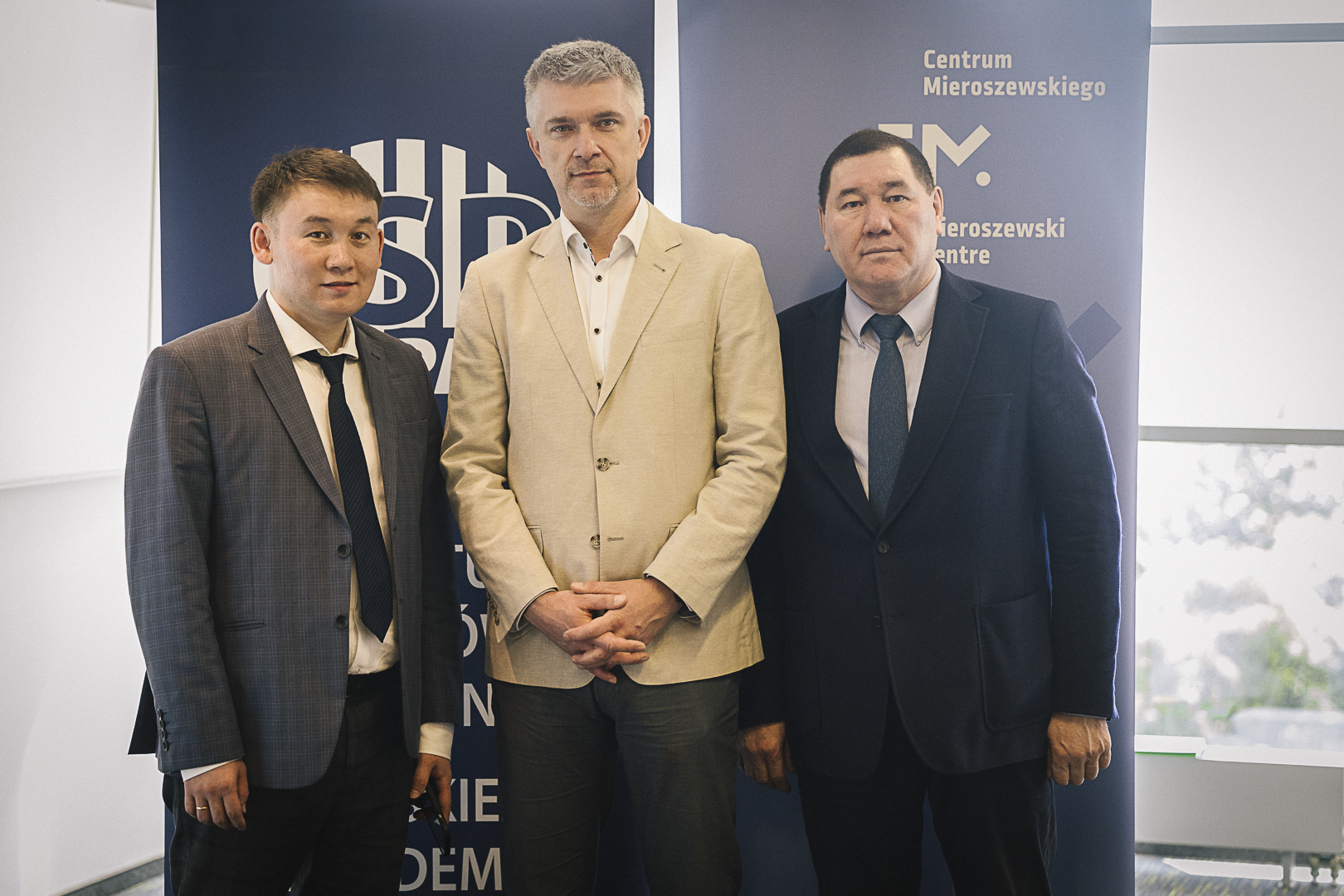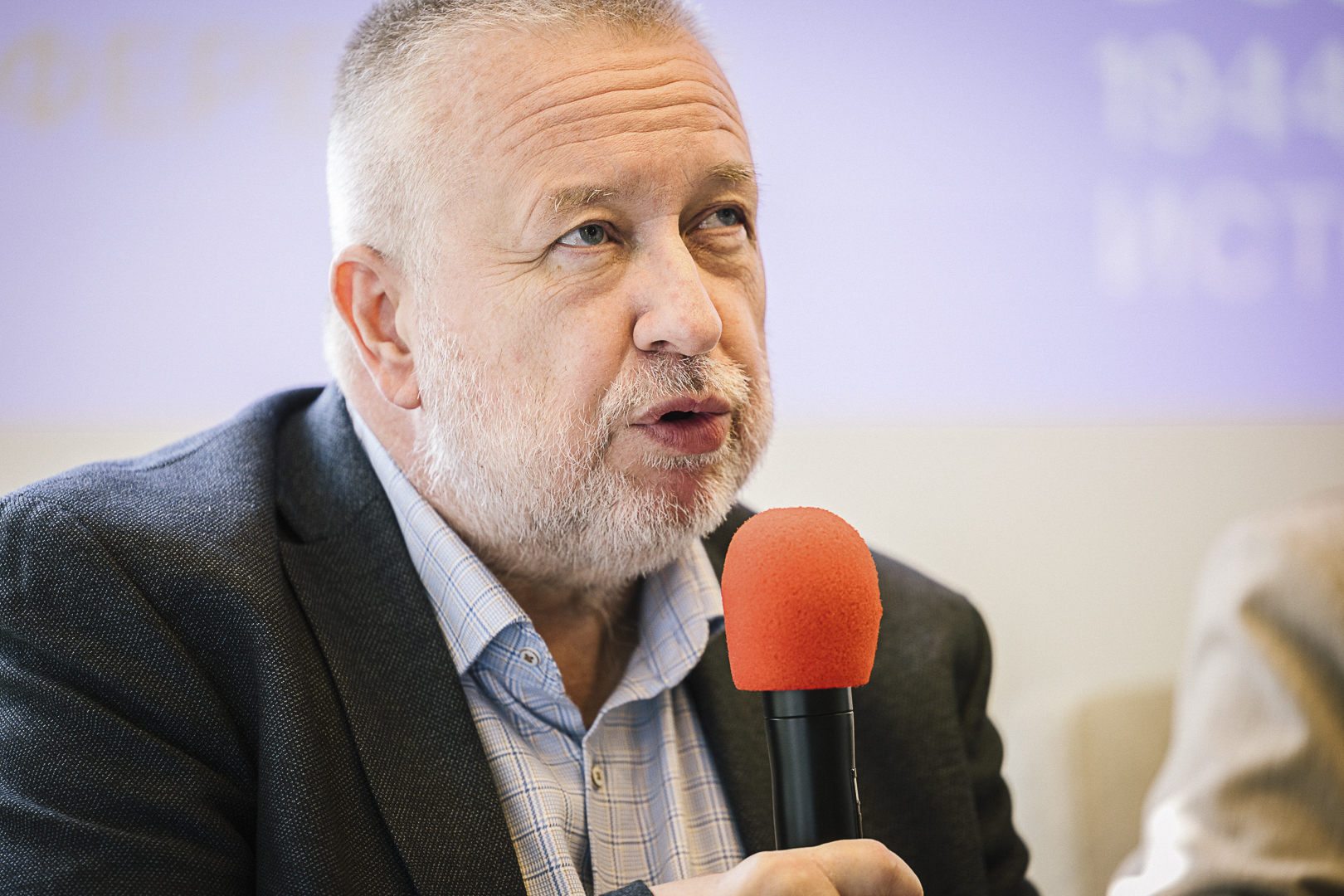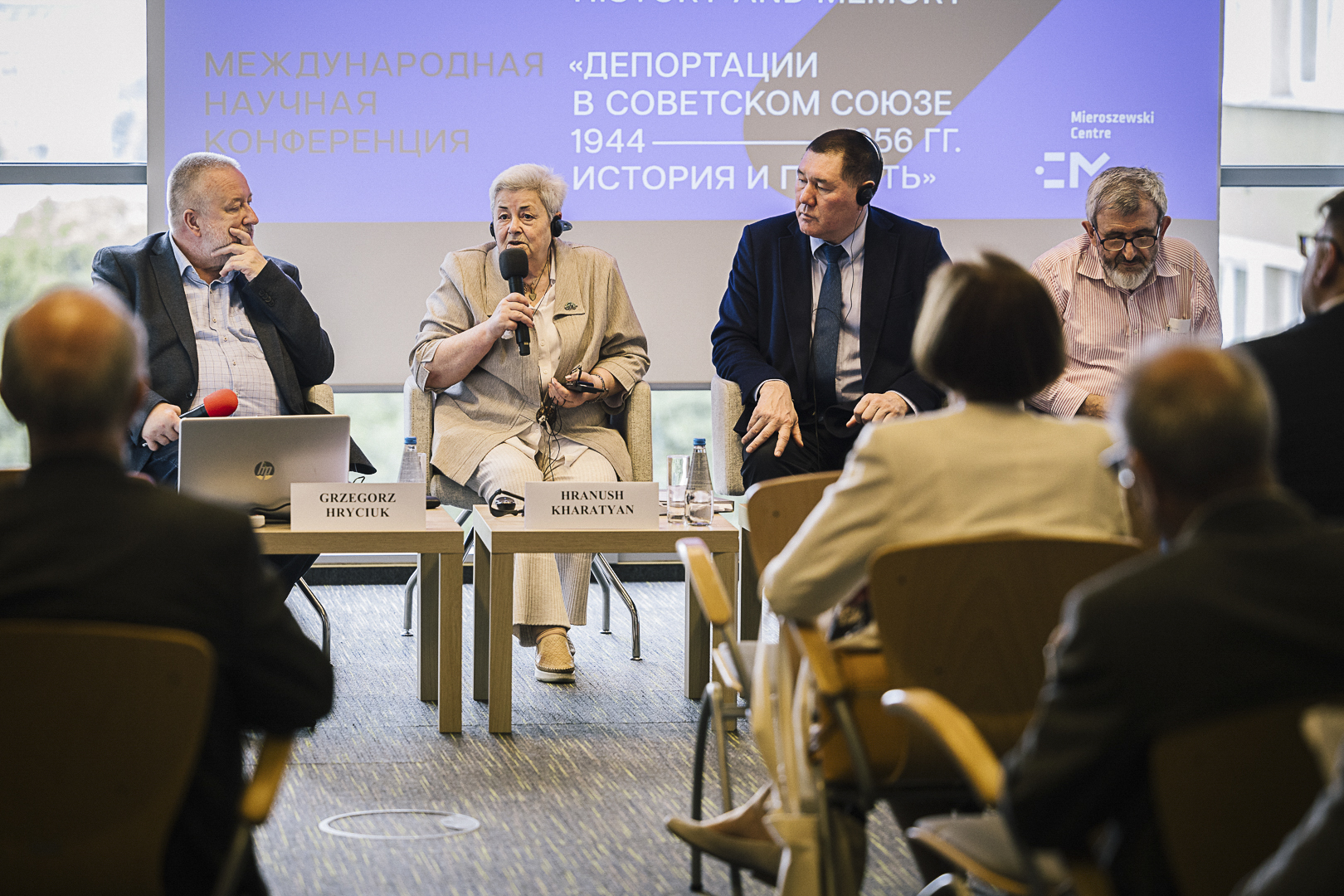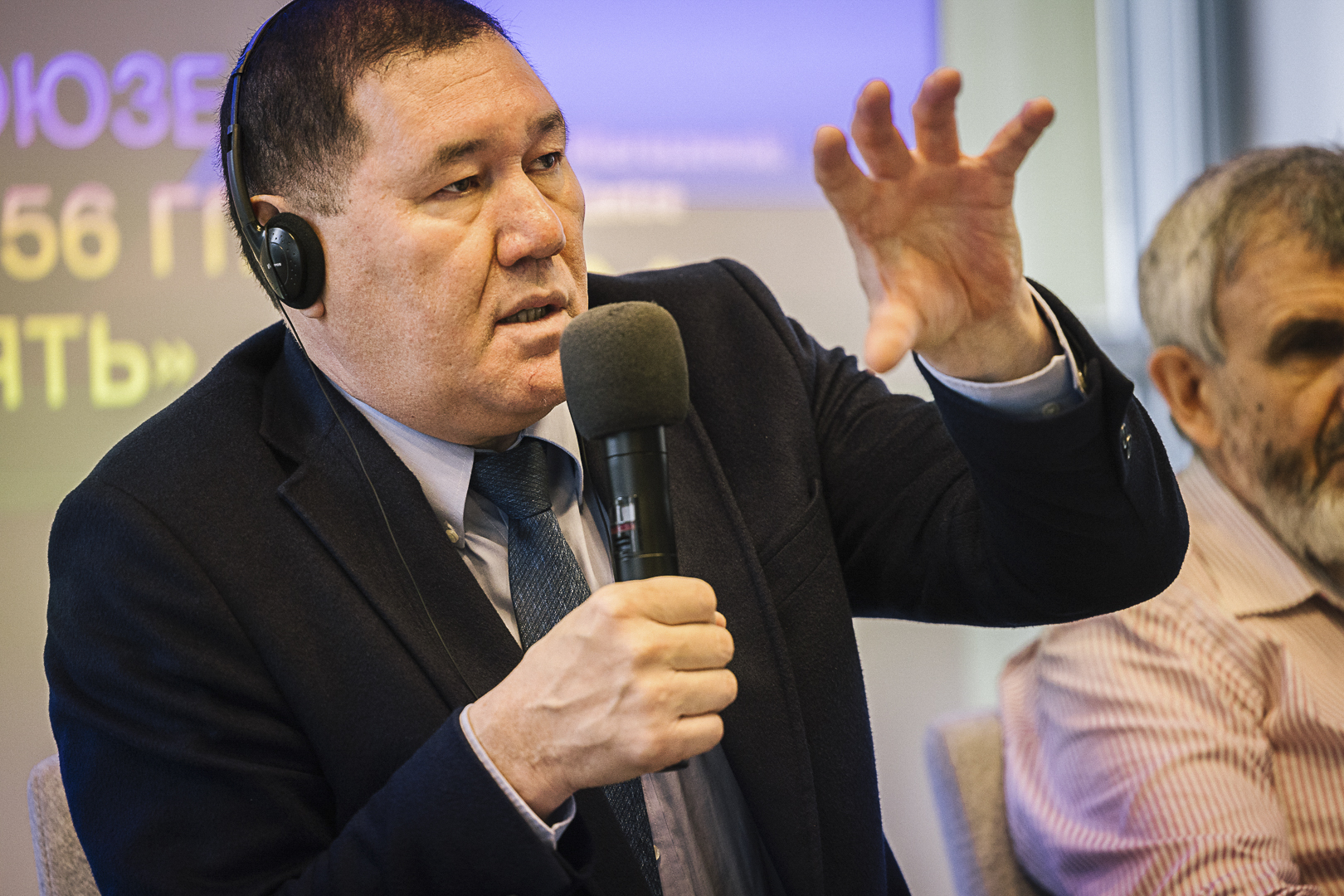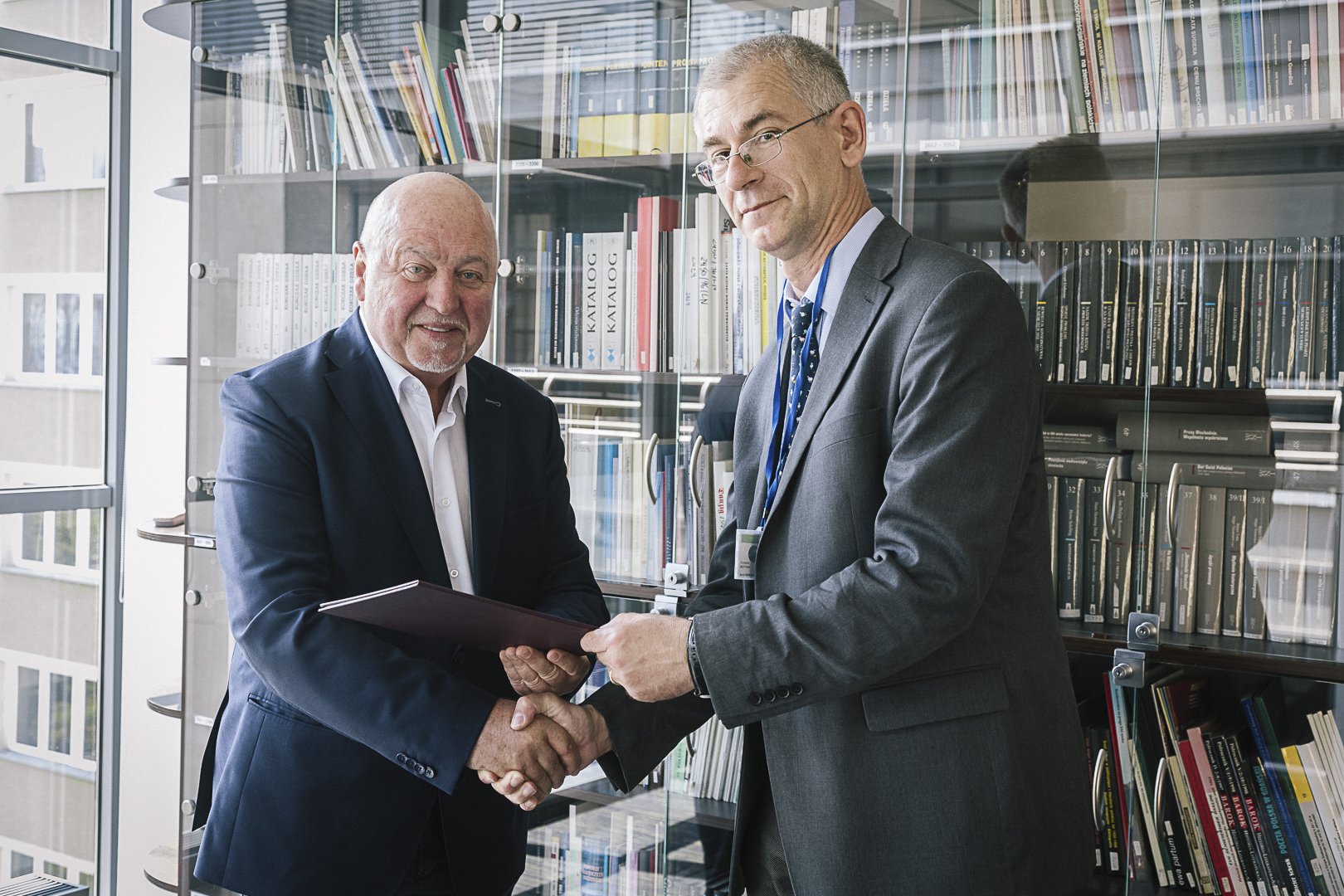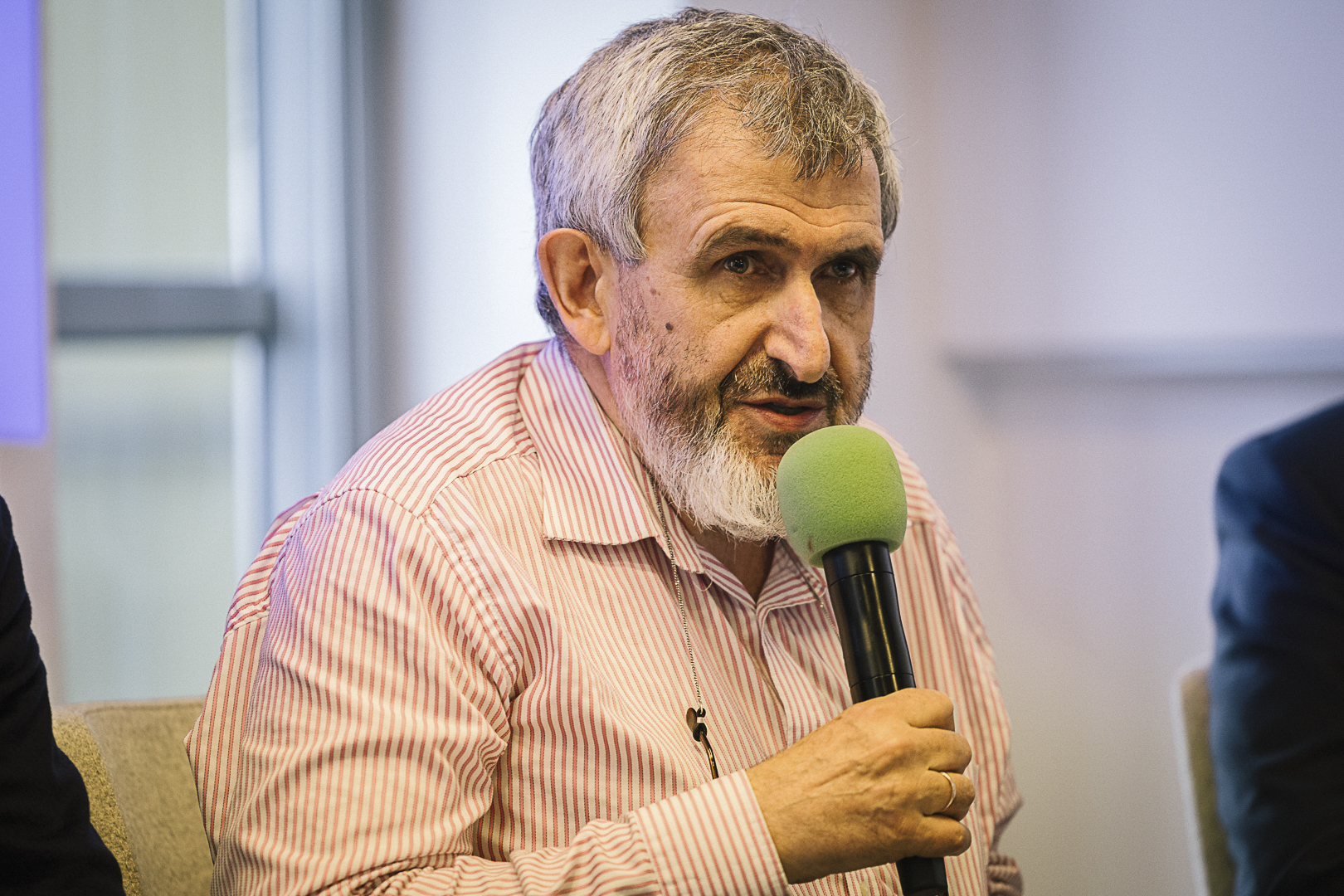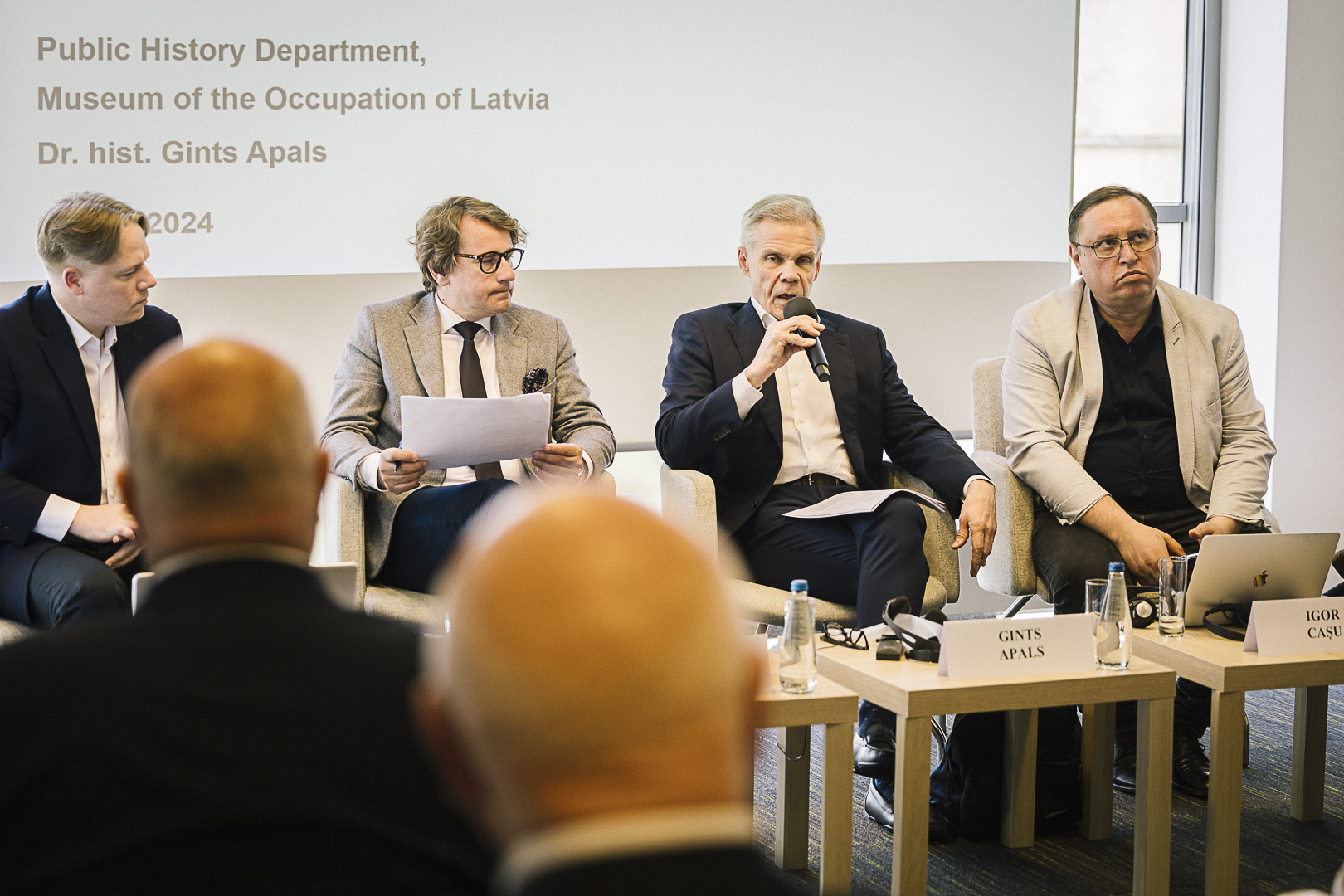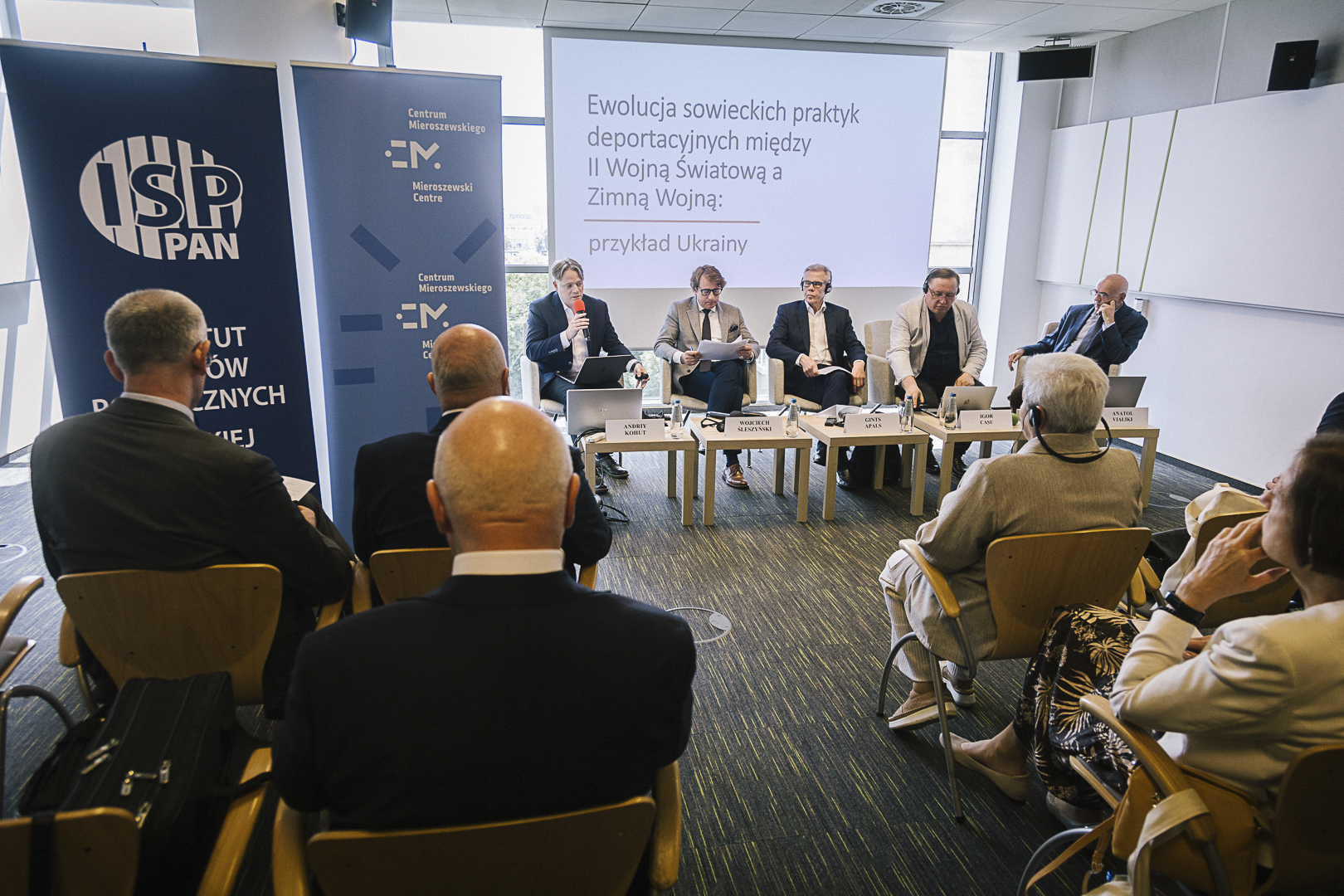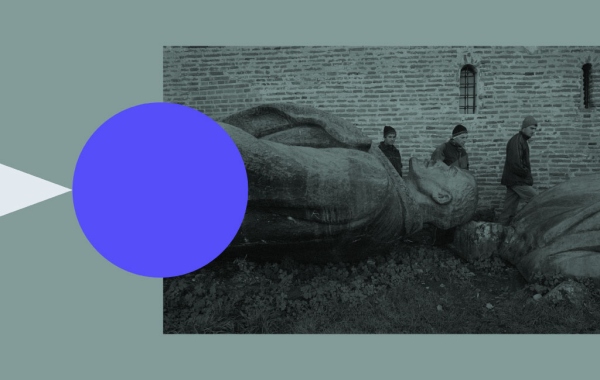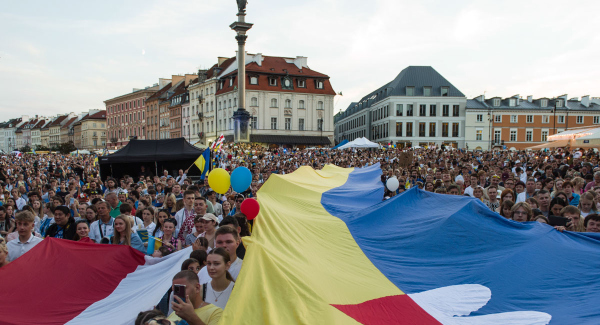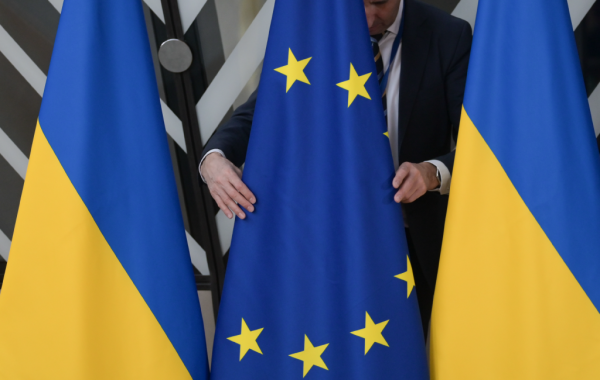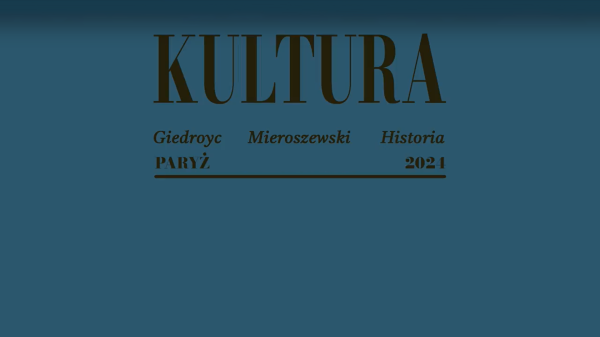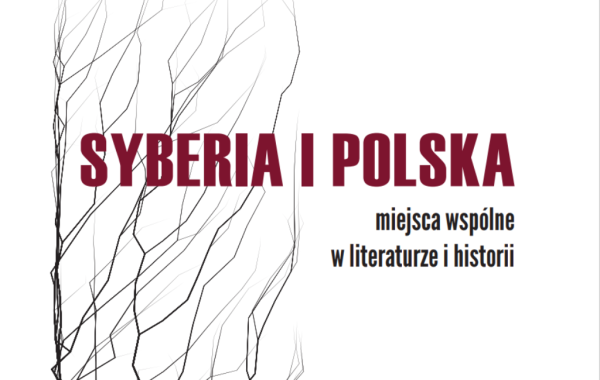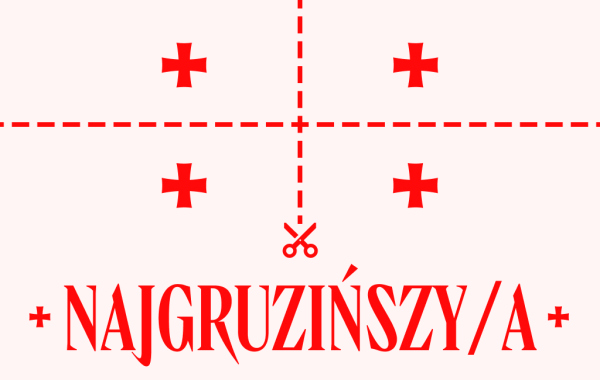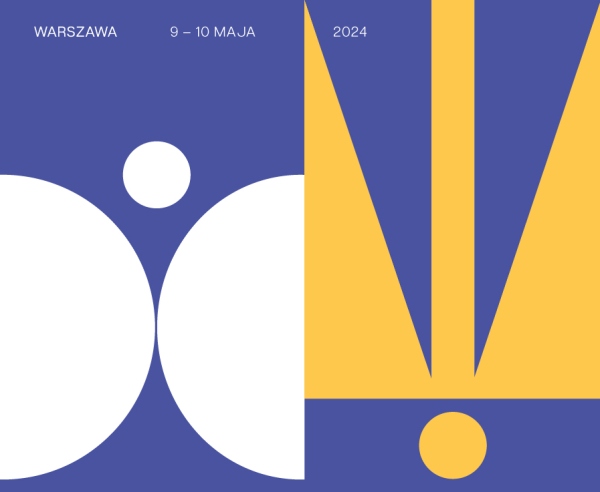Deportations in the Soviet Union 1944-1956
The memory of the tragedy of post-war deportations in the Soviet Union is today an important part of the identity and history of many nations in Central and Eastern Europe, Central Asia and the Caucasus. However, this experience is mainly seen through the prism of individual national martyrdoms, leading to a kind of rivalry of suffering.
On Thursday, 6 June, an academic conference on ‘Deportations in the Soviet Union 1944-1956: History and Memory’ organised by the Mieroszewski Centre and the Institute of Political Studies of the Polish Academy of Sciences took place. Discussions aimed to create a space for research on the collective experience of forced displacement among nations and ethnic groups in the Soviet Union. Despite its immense importance, this issue is practically absent from scientific discourse as well as the mass imagination.
The discussion among prominent scholars and researchers from: Armenia, Azerbaijan, Belarus, Kazakhstan, Kyrgyzstan, Moldova, Ukraine and Uzbekistan will allow for the juxtaposition of different descriptions of the deportation experience and a comparative approach in the study of Soviet crimes.
The conference thus provides a unique opportunity to take a broader look at the issue of deportation in both historical and memorial contexts and to place it within the totalitarian policy of the USSR. These issues, today, assume particular importance in view of the relativisation of Stalinist crimes in contemporary Russia.
fot. Marek Gorczyński
